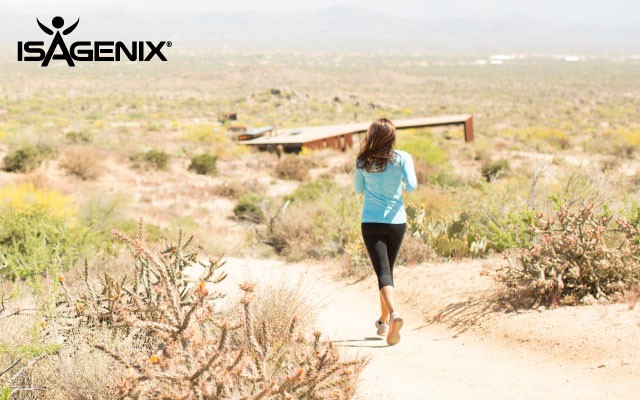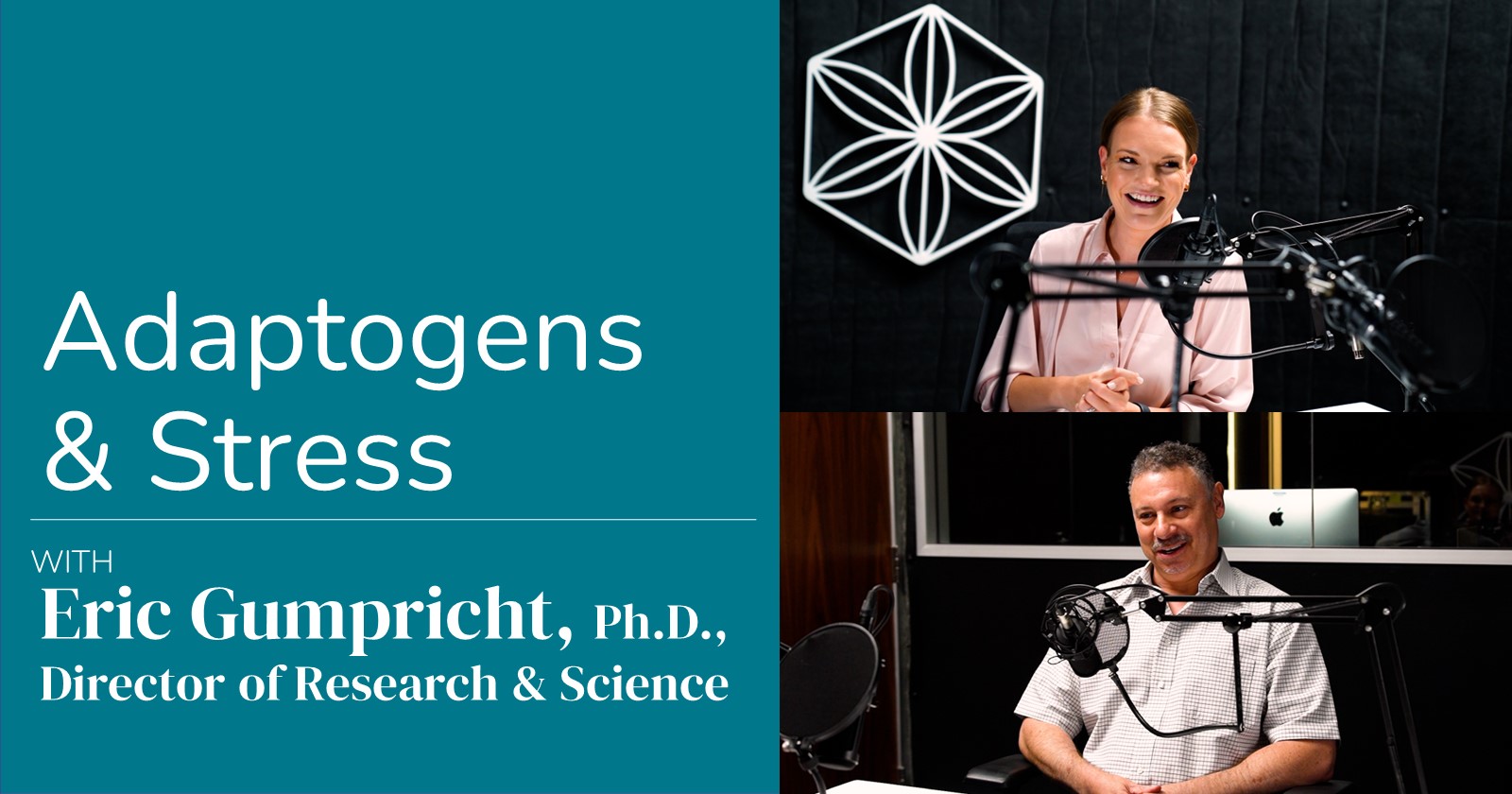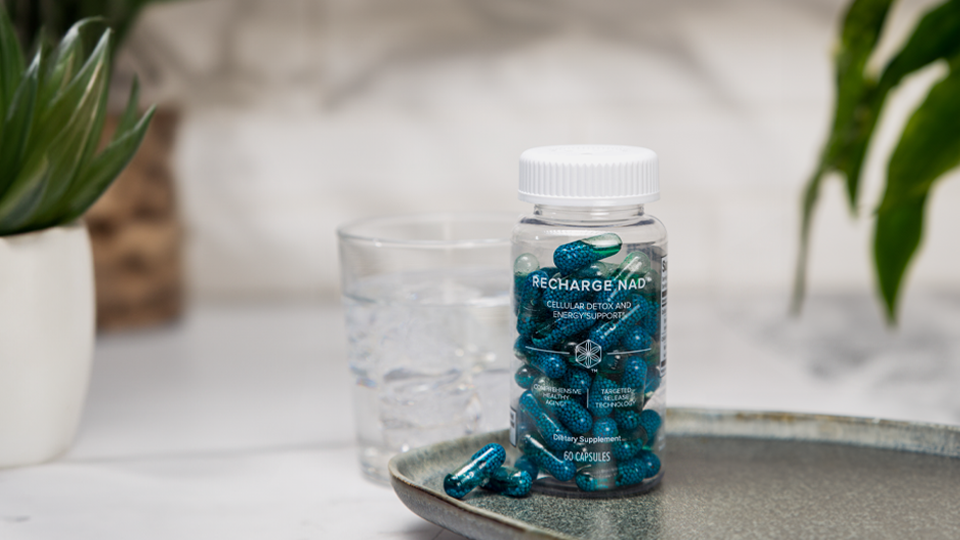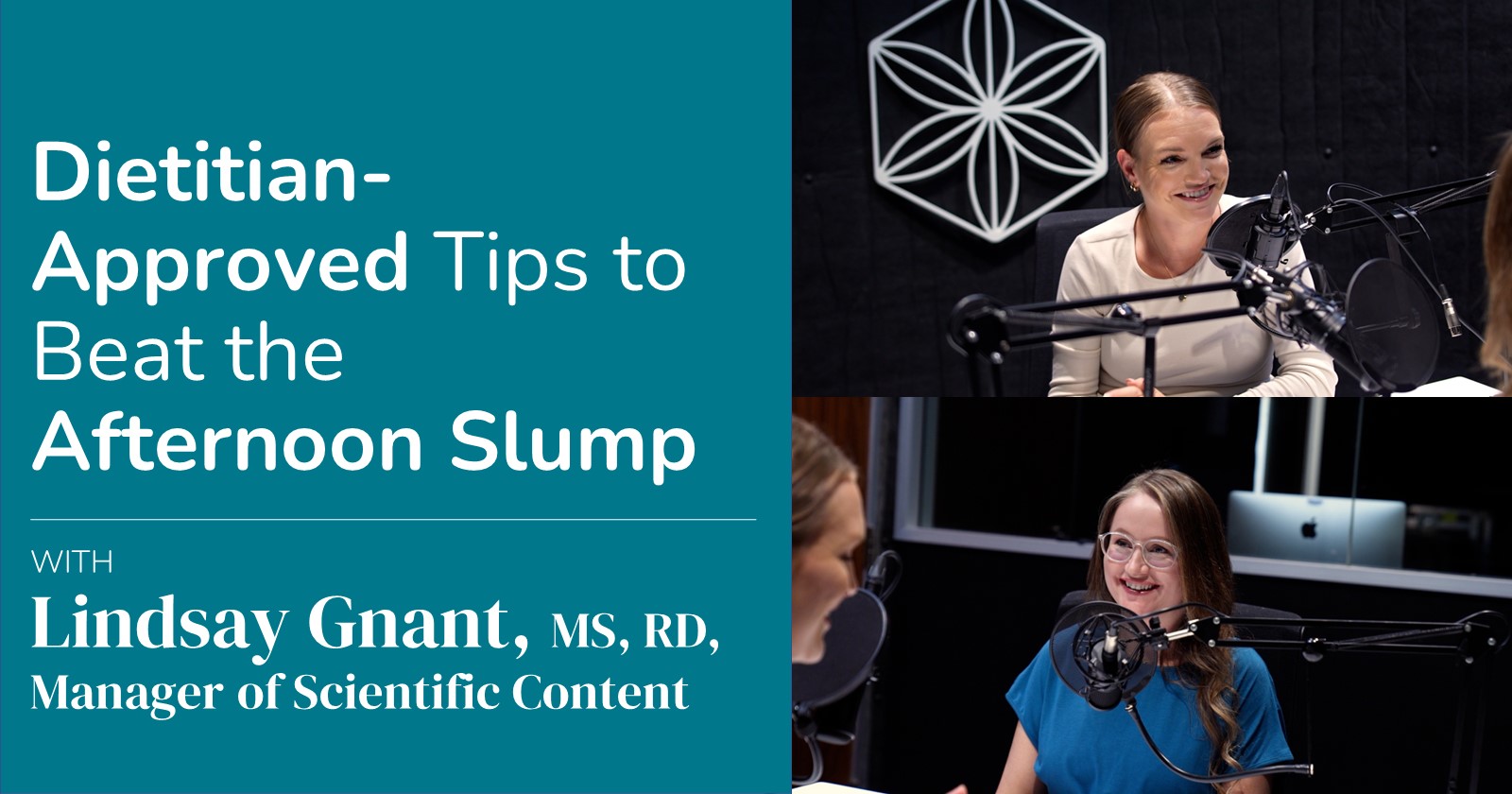Ever try working out in scorching temperatures? For athletes, runners, or anyone who enjoys outdoor exercise, five minutes in the open air may feel exhausting with the sun’s heat draining the energy out of their bodies.
Normal body temperature is approximately 98.6 degrees Fahrenheit. Being physically active in the heat causes body temperatures to increase to about 102-104 degrees, which can be highly dangerous. To avoid heat exhaustion, the brain sends a surplus of blood to the skin, causing the body to sweat and release excess heat.
Our bodies work overtime when exercising in torrid heat. With blood directed to our skin for cooling purposes, muscles tire due to a lack of blood circulation. This leads to extreme exhaustion, muscle cramping, and other detrimental side effects.
When temperatures are on the rise, athletes who acclimate their bodies to heat can help avoid excess strain. Since heat acclimation takes time—and must be performed over the course of a few days— athletes also often use precooling strategies about 20 minutes before a run or event to briefly cool down their bodies.
While both acclimation and precooling offer promising results, there have been a few studies examining their effects on overall performance. Interestingly, a new study suggests that individuals who acclimate their bodies to high temperatures beforehand may have a higher chance of overcoming the heat.
Researchers at the Environmental Extremes Laboratory at the University of Brighton in England studied nine club runners (eight male and one female) who trained at least three times a week and had completed a 5 km or 10 km race in the past two months. All subjects avoided alcohol or caffeine for 24 hours, avoided exercise for 48 hours, and logged all food consumed 24 hours prior to each visit.
Each participant was required to complete a timed 5 km treadmill race in a humid and heated room. Before each time trial, participants remained in a constant 90-degree environment.
Researchers began by conducting the treadmill race with no intervention (control group). They measured the time it took each subject to run 5 km in a sweltering environment. During the following three visits, the subjects participated in three different interventions: precooling, heat acclimation, and precooling and heat acclimation.
Precooling began by having the runners immerse their hands in cold water (48 F) while wearing frozen athletic underwear. Each runner was also covered in ice-cold towels around the head, neck, and forearm. After 10 minutes, the ice-cold towels were changed. After 20 minutes, subjects were asked to remove all precooling materials and run their 5 km timed treadmill race.
Next, the runners slowly began to acclimate themselves to extreme heat. Over the course of five days, the researchers asked the runners to exercise on stationary bicycles in a 99-degree environment with 60 percent humidity for 90 minutes. Once heat acclimation had been completed, the participants ran their 5 km timed treadmill race.
During their last visit, the runners who had already been accustomed to heat precooled using the same techniques as their first time. They wore their ice-cold towels, dipped their hands in freezing water, and wore cooling underwear for 20 minutes before running their last 5 km timed treadmill race.
As expected, the study showed that the runners were slowest when no intervention was placed upon them. Precooling showed a 55-second improvement compared to no intervention, and heat acclimation showed a one minute 38-second difference compared to no intervention.
The study’s results suggested that combining heat acclimation and precooling caused subjects to exercise at a lower relative intensity, and showed no improvement in performance time compared to that of only heat acclimation.
References
James C, Richardson A, Willmott A, Watt P, Gibson O, and Maxwell N. Short-term heat acclimation and precooling, independently and combined, improve 5 km running performance in the heat. Journal of Strength and Conditioning Research 2017 May 5; 1-21. doi:10.1519/jsc.0000000000001979





